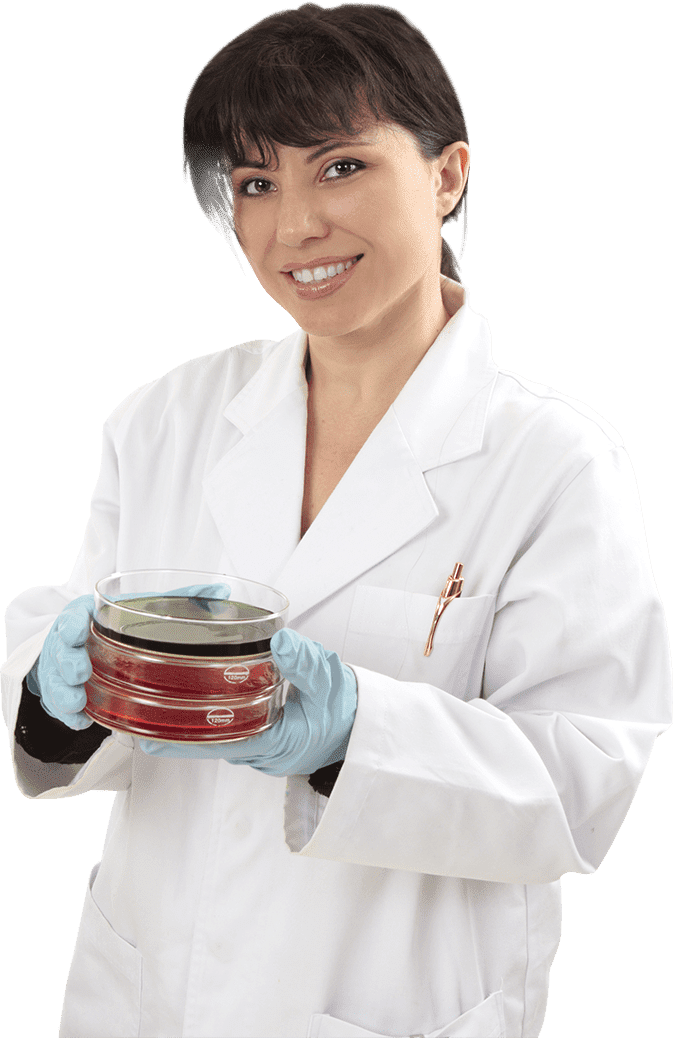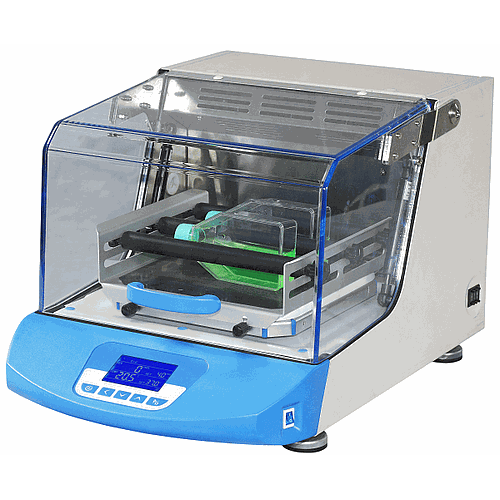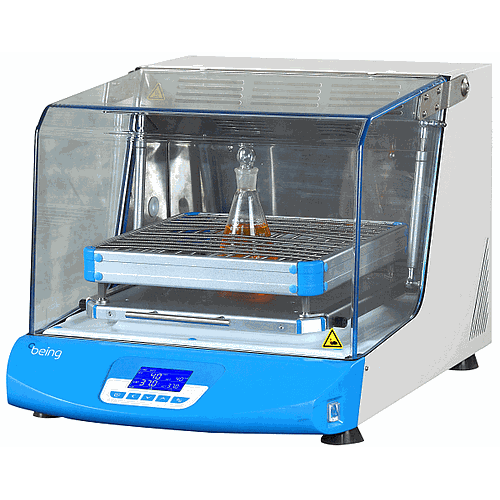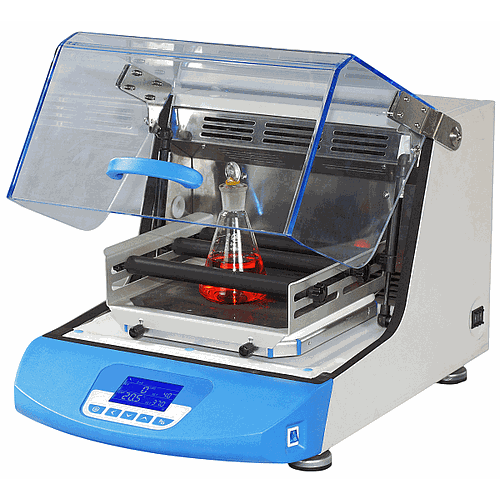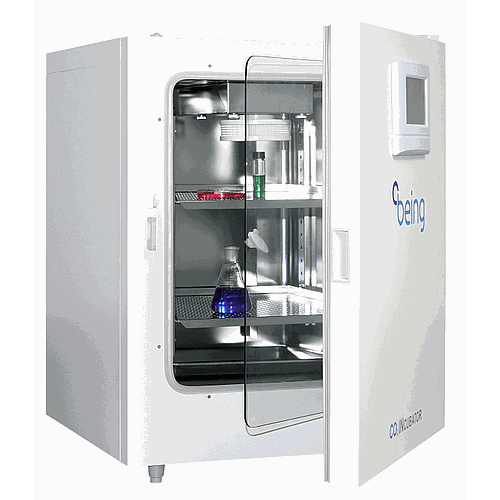I Am BEING the Queen of Cell Culture.
Cells – the basic building blocks of all living organisms. Composed of trillions of these tiny things, cells perform specialized functions throughout our bodies. It’s no wonder that these are extremely helpful to biological and medical research. From testing the toxicity of compounds to developing vaccines and treating cancer and other illnesses, understanding the physiological processes of cells plays an important role in these scientific milestones. But before achieving these, cells must be cultivated and grown outside their natural environment under controlled conditions.
BEING Scientific makes it easy for scientists and researchers to carry out a multitude of cell culture applications by providing high-quality lab equipment such as shakers and incubators capable of preserving the integrity of your samples.
The SMART CHOICE for cell cultures
BIS Series
Shaking Incubators
Shaking incubators are often used for cell culturing, cell aeration, and solubility studies. Eliminating the need of placing a separate shaker inside an incubator, the instruments incorporate oxygen and evenly distribute nutrients throughout the culture media. In addition to offering stable temperature conditions, the shaking incubators use an orbital agitation at variable speeds to affect the growth of cell cultures.
BIO Series
CO2 Incubators
Carbon dioxide (CO2) incubators are mainstays in traditional biology labs engaging in cell or tissue culture. Incubators provide a stable environment designed to mimic a cell’s natural environment: pH of 7.2 to 7.5, temperature of 37°C, and a relative humidity of about 95 percent. The CO2 concentration, about 5 percent, is controlled to match physiologic conditions and to maintain a constant pH. These incubators are used wherever cells must be maintained, expanded, or cultured over periods ranging from a few hours to many weeks.


